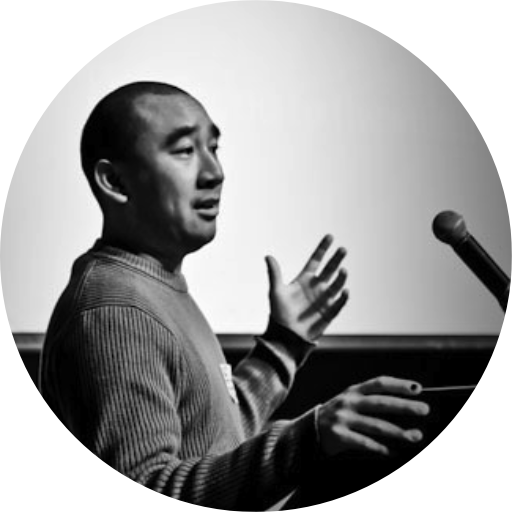What's Your Professional Superpower?
/I'm a VP of Product with a superpower. Sounds kinda impressive and kooky, doesn't it? It certainly did to me when Mike AbiEzzi, our amazing interim VP of Engineering at Simpler, told me that my ability to code is a superpower. After some reflection it started to make a lot of sense, and I started thinking about what superpowers others have.
Interested in an interim CTO/VP of Engineering? I hired Mike AbiEzzi to conduct an architectural code review and subsequently asked him to act as our interim VP of Engineering. I highly recommend him. You can get in touch with him here.
Many people in a VP of Product role don't have a strong technical foundation. Many don't need one - that's what a VP of Engineering is for. It's certainly handy to have, however.
The fact that I can jump in to lend a hand gives our engineering team extra flexibility. Need more horsepower leading up to a release? Need an extra set of eyes on a tough problem? I can put my developer hat on and pitch in for a while.
It's also helpful to Mike that technical debt isn't an abstract concept to me; I feel the burden first-hand because I'm contributing code regularly. He spends less time defending his decisions to maintain a healthy code base and more time getting it done.
Perhaps most importantly, I have an appreciation for what engineering entails in general. You won't find me saying "this feature seems pretty straightforward to build" very often. I understand that custom software is rarely as straightforward as it seems on a whiteboard.
Mike sees these as a reflection of my coding superpower; a superpower that makes me stand out among the product people he's worked with throughout his career.
While you probably haven't thought of yourself as a comic book hero, I'd recommend giving it a try. If you're a recent developer bootcamp graduate, for instance, you should be thinking about what makes you stand out among the rest of your class. Do you have a strong design background? Experience with data analytics and visualizations? What can you brag about a little?
What's your professional superpower?
